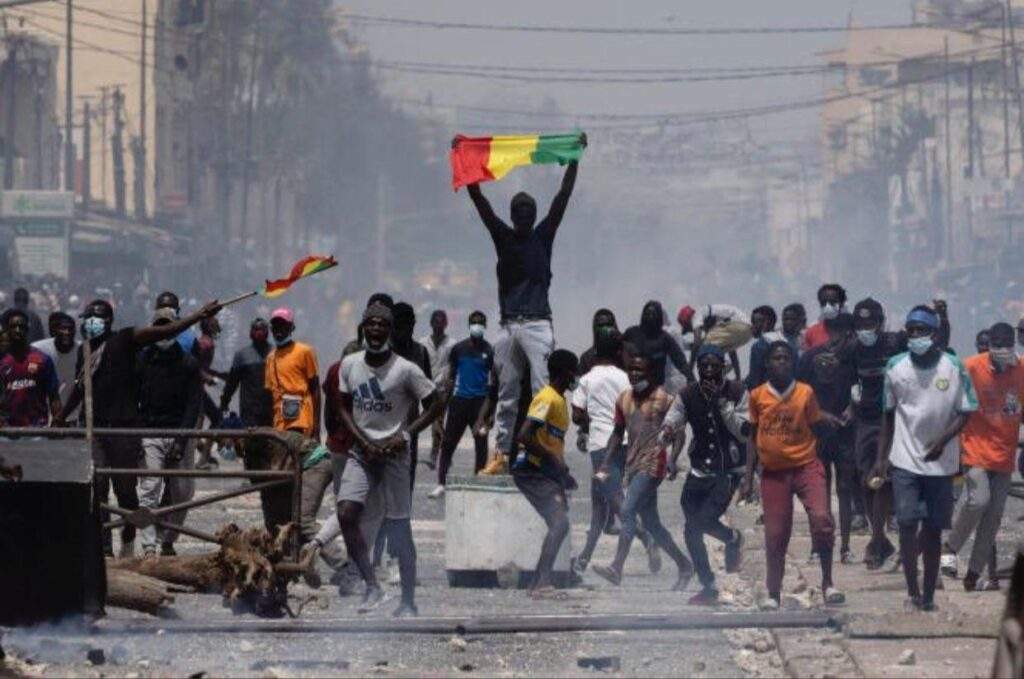The death toll from recent protests in Senegal has risen to 15. What started as a peaceful demonstration by opposition leader Ousmane Sonko’s supporters against his arrest for alleged rape charges has escalated into a violent clash between protesters and the police. The protests have been ongoing for a week and have resulted in a surge of looting and arson attacks.
The government responded by imposing a dusk-to-dawn curfew in Dakar and Thies, the country’s two main cities. In addition, they sent in troops to disperse the crowd. However, some protesters have continued to defy the curfew.
Human rights groups have raised concerns about the police’s use of excessive force, including the use of tear gas, rubber bullets and live ammunition. Protesters have also accused the police of using violence to intimidate and silence them.
The government has condemned the violence and urged opposition leaders to call off the protests, but the country’s political crisis has deepened with no end in sight.
Senegal, a West African nation known for its stability and democracy, is now facing its worst political crisis in years, with many questioning President Macky Sall’s leadership. Sall, who was re-elected for a second term in 2019, has been accused of using the rape charges to silence Sonko, a popular opposition figure who has been critical of the government.
The protests have now spread beyond Senegal’s borders, with demonstrations in other African countries, Europe and the United States in solidarity with the Senegalese people.
As the situation remains volatile, there have been calls for dialogue and for the government to address the root causes of the crisis. The future of Senegal’s democracy hangs in the balance as the country navigates these uncertain times.
